Images can fundamentally transform the dynamics of a client proposal, enhancing its effectiveness and overall impact. When used strategically, images not only add visual interest and engage the reader’s attention, but they can also complement the text, illustrate key concepts, and succinctly communicate complex information.
Understanding why images are beneficial in client proposals is crucial for maximizing the effectiveness of this type of sales initiative. In an increasingly visually-oriented society, clients often expect content that is not only informative but also visually engaging. Leveraging the power of images can make a proposal stand out in a sea of text-heavy documents, potentially swaying decision-making in your favour. Therefore, discussing the benefits of using images in client proposals equips businesses with valuable insights to refine their strategy, ultimately driving more successful outcomes.
To provide a comprehensive understanding of the use of images in business proposals, we’ve summarized some of the statistics around proposals and visuals, as well as gathered insights from a few industry professionals. In this blog post we’ll also share how to choose the right images for client proposals and share some insights we have gained from building our own client proposals.

Importance of Client Proposals
Client proposals play a pivotal role in the business development process. They function as a detailed plan outlining your business’s services or products, pricing, and how you can meet the prospective client’s needs.
Sending a well-crafted business proposal to potential clients demonstrates not only your understanding of their needs, but also your business’s competence and commitment to delivering quality solutions. Business proposals can include things like; the project timeline, executive summary, pertinent research, deliverables, qualifications, client testimonials, as well as next steps like the payment schedule.
Business proposals also provide a platform to showcase your unique selling proposition, illustrating why your business is the best choice among competitors. One study analyzing 189,000 business proposals showed that proposals sent within the first 24 hours of initial contact with a client attributed to a 25.9% conversation rate. Essentially, a client proposal can be the determining factor in securing new business.

Visuals in Client Proposals
A paper from Williams College, shows that the human brain processes images 60,000 times faster than text. Additionally, a study published by neurologists from The Massachusetts Institute of Technology, indicates that the brain can recall and identify images that were seen for as little as 13 milliseconds. Making images an integral part of processing and notably retaining information.
Based on this research, the argument can be made that a potential client may recall a proposal solely based on the images included. Coupled with selecting the right images that evoke certain emotions, a strategy can be put in place to increase the likelihood of conversion.
Nielson Normal Group, who are World Leaders in Research-Based User Experience, analyzed a study by Harald Weinreich, Hartmut Obendorf, Eelco Herder, and Matthias Mayer: “Not Quite the Average: An Empirical Study of Web Use,” .and determined that on average, potential customers will only read 18% of a page. Making visuals an essential piece of conveying information through a client proposal and ultimately evoking a sense of trust which is an integral part of business sustainability and growth.

How to Determine Proposal Conversation Rate
In this case, a conversation rate determines the percentage of clients who have purchased a product or service based on the total number of client proposals sent. To calculate it, you identify the total number of signed contracts as a result of the proposal, then divide it by the total number of proposals sent. For example, you sent 32 proposals within the past 2 months and out of that 11 clients have signed contracts. To calculate, divide 11 by 32 = 0.34. Multiply 0.34 by 100 to get your percentage, which translates to a 34% conversion rate.
How do you determine if you had a good conversion rate? It’s difficult to come up with a solid answer because every industry is different with a multitude of variables, including types of customers and types of goods or services sold.
From our perspective at Robert Lowdon Photography, even a 5% increase in overall sales generated by the initial proposal is worth the time investment, as we are also looking to create repeat clients whereby we are their long term partner for all of their photography needs. For this article, we analyzed our business sales in May & June, 2023 and came up with the following statistics. We booked 24 photography jobs over a 2 month period. Out of those 24 jobs, 20 of those clients were repeat clients that either had a single job for us or multiple locations in a larger project, meaning 83% of our work during that time was based on long term relationships built with trust. Those repeat clients would have received a proposal during our initial quoting process with them but we would not have sent a new one with each project, as they already know what we can deliver. To go back to analyzing the conversion rates of our proposals during that time, we sent 13 proposals to new prospective clients and converted 4 into jobs. To calculate our conversation rate, we divide 4 by 16 = 0.25. We multiply 0.25 by 100 to get a 25% conversion rate from our proposals that month.
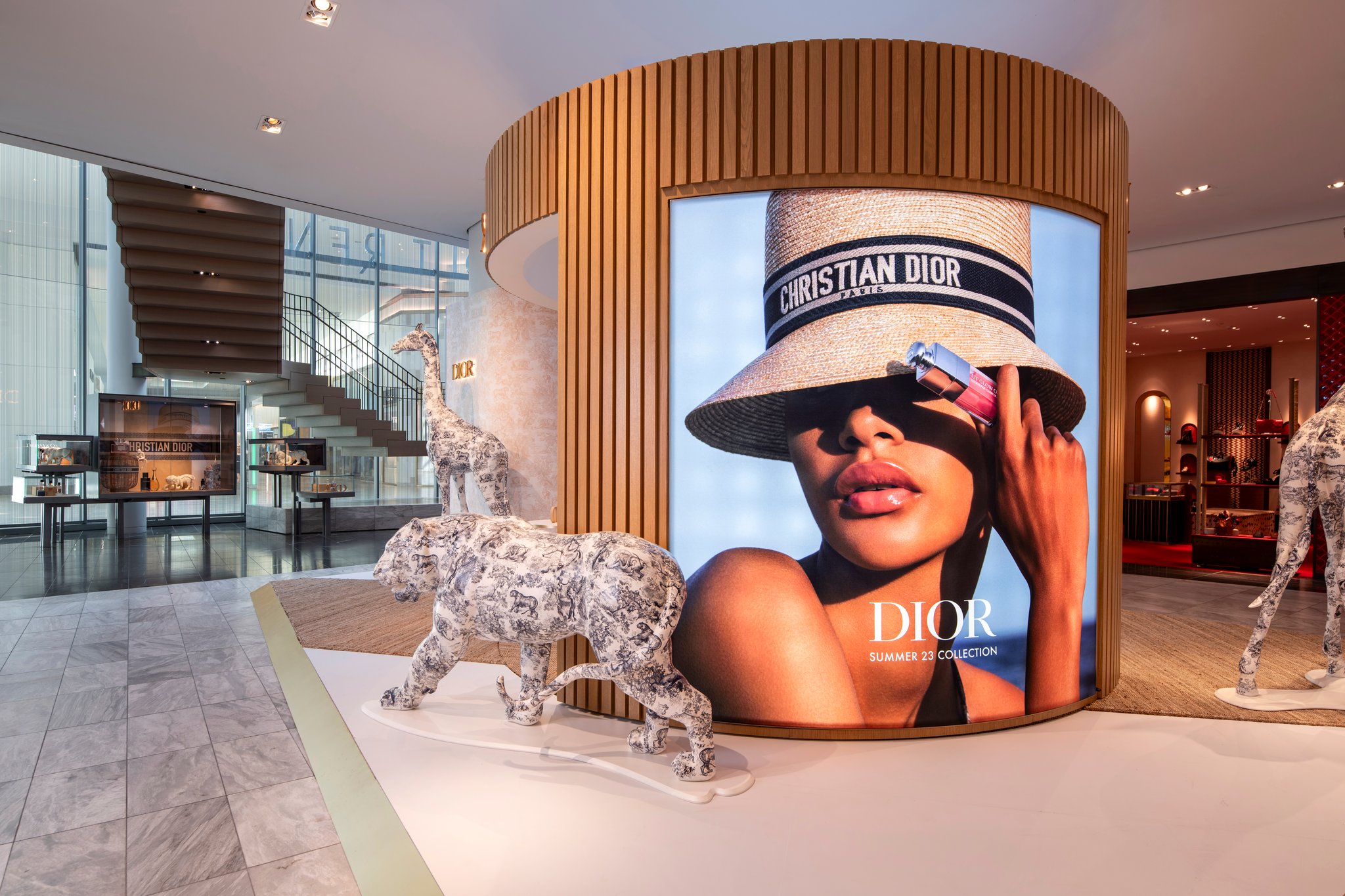
Business Proposal Templates
There are a number of business proposal templates that can be used to generate an effective business proposal for prospective clients. A quick search on Google will generate plenty of options for paid or free templates. The paid options often include more enhanced features, such as creative customization options, CRM tools, email marketing tools and additional resources to track success.
Business proposal templates can help companies develop a clear idea of what they want to generate in a professional way. Especially helpful for those that are not in a creative field. A template also helps users identify the essential elements of a business proposal and create a document that aligns with their company values and wins business.
Using a template for a business proposal allows users the opportunity to respond to inquiries in an impressive and professional way that isn’t overwhelming. The customization is totally up to the business and how they want to use the document. Within the templates, there will be placeholders where appropriate images can be selected to add personalization.

Insights & Examples from Industry Experts
In order to provide a well-rounded understanding of the use of visuals in client proposals, we reached out to several seasoned professionals in the industry. Their invaluable insights and real-world experiences help to shed light on this subject.
Enhancing Proposals with Relevant Images
Images are used in client proposals to enhance visual appeal and convey key concepts more effectively. Including relevant images can make the proposal more engaging, capturing the client’s attention and making a lasting impression.
In a recent marketing proposal for a client in the travel industry, we used images of exotic destinations, high-quality visuals of their target audience engaging in activities, and graphs showcasing potential revenue growth were incorporated. These images helped the client visualize the proposed strategies and brought the proposal to life, making it more persuasive and compelling.
However, it’s crucial to use images that align with the client’s brand and the proposal’s content. High-quality, professional images that are directly related to the proposal’s subject matter work best. The goal is to evoke emotions, create a positive impression, and demonstrate a thorough understanding of the client’s needs, ultimately increasing the chances of securing the project.
Aviad Faruz, CEO, Know Mastery
Humanizing Proposals with Personal Images
Images help make a proposal look more professional, more human, and often convey information in a much easier-to-understand format.
We often use screen grabs of websites to highlight certain issues. But the dominant images we use are those of our staff, offices, and team. These are the best kind of images to use as they give the potential client a view of the wider team, of our professional working environment, and of the people they will work with. It adds a personal feel to what is quite a complex and technical service offering.
Ben Foster, CEO, The SEO Works
Including Visual Elements for Tangible Understanding
Certainly, incorporating visual elements, such as images and video demonstrations into our client proposals, has been an integral part of our strategy. Doing this gives clients a tangible glimpse of how the proposed tool or solution will function.
For example, when presenting a proposal for developing a new BI or spreadsheet system to a prospective client, we include screenshots and a video demonstration. These visuals serve as a guide, allowing the client to visualize the user interface, the flow of actions, and the overall user experience. This enhances their understanding of the proposed solution and gives them a sense of its real-world application.
Including multimedia elements engages clients more dynamically, offering insights that words alone may not fully convey.
Michael Sena, Founder and CEO, SENACEA
Tailoring Visual Strategies to Client Needs
For client proposals, our approach can vary depending on the client and the type of proposal we’re working on. We believe in tailoring our strategies to align with the preferences and needs of each individual client.
Sometimes, we leverage the power of images to complement our written content and create a visually appealing proposal. On other occasions, we use impactful quotes from well-known entrepreneurs or industry leaders to introduce our thoughts and emphasize the potential benefits of working with our firm.
Moreover, when we want to showcase the uniqueness of our approach or demonstrate our capabilities, we incorporate images that illustrate past successful projects or case studies. This visual evidence helps build credibility and demonstrates our track record of delivering exceptional results.
Luciano Colos, Founder and CEO, PitchGrade
Balancing Content and Visuals
At ZenDogLabs, client proposals are integral to the “Venture as a Service” offering, and the judicious use of images plays a significant role. The right visuals can elevate a proposal by imparting an emotional impact and adding a personalized touch.
However, it’s essential to strike a balance. Images should amplify the proposal’s content without overwhelming it. Overcrowding the proposal with visuals can distract from the key points and messages. Moreover, excessively large files can also complicate the delivery process and create technical obstacles.
For instance, in one proposal, a customized infographic was used to summarize the client’s growth trajectory. This single visual conveyed complex data succinctly and engagingly, making the proposal more compelling and digestible. It shows that, when employed with consideration, images can significantly enhance the efficacy of client proposals.
Rafael Sarim Özdemir, Founder and CEO, Zendog Labs
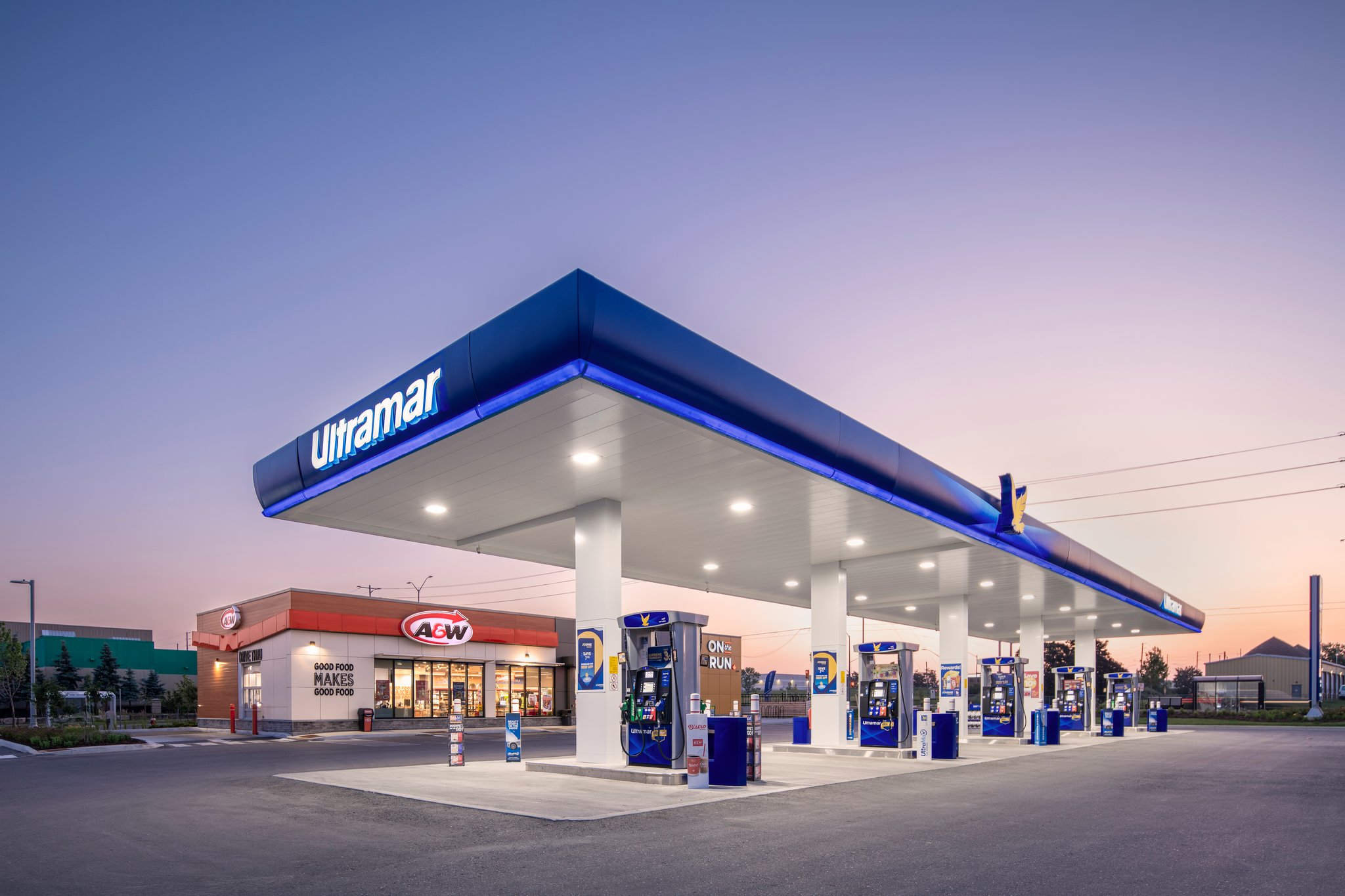
Choosing the Right Images for Client Proposals
Choosing the right images for client proposals is an art that requires a strategic approach. The key is to select visuals that align with your message and resonate with your audience.
- Relevancy: The images should be relevant to your proposal’s content. They should support and enhance the information you are trying to convey, not distract from it. Irrelevant images can confuse your audience and make your proposal less effective.
- Quality: Use high-resolution images to project professionalism and attention to detail. Blurry or pixelated images can undermine the perceived quality of your proposal.
- Brand Consistency: Ensure the images align with your brand’s aesthetic and values. This helps maintain consistency, which can enhance brand recognition and trust.
- Simplicity: Avoid overly complex or cluttered visuals. Simple, clean images can be more impactful and easier for your audience to interpret.
- Legality and Ethics: Always use images that you have the rights to use. Respect copyright laws and the work of creators to avoid legal issues and negative publicity.
- Diversity and Inclusion: Reflect diversity in your image selection. This can enhance your brand’s appeal to a broader audience and demonstrate a commitment to inclusivity.
- Emotional Connection: Images that evoke emotion can be powerful tools for persuasion. They can make your proposal more engaging and memorable.
- Copy Space: Consider the placement of text when selecting images. Leave enough empty space for key messages to stand out, especially in areas like cover pages or headers.
By following these guidelines, you can choose images that amplify your message and make your client proposals more effective and compelling. Remember to use images purposefully, rather than as mere decorations. With the right balance of content and visuals, you can create impactful client proposals that help win new business for your company.
Overall, incorporating well-chosen images into your client proposals can elevate them from standard documents to powerful visual narratives that capture your company’s overall capabilities and vision.
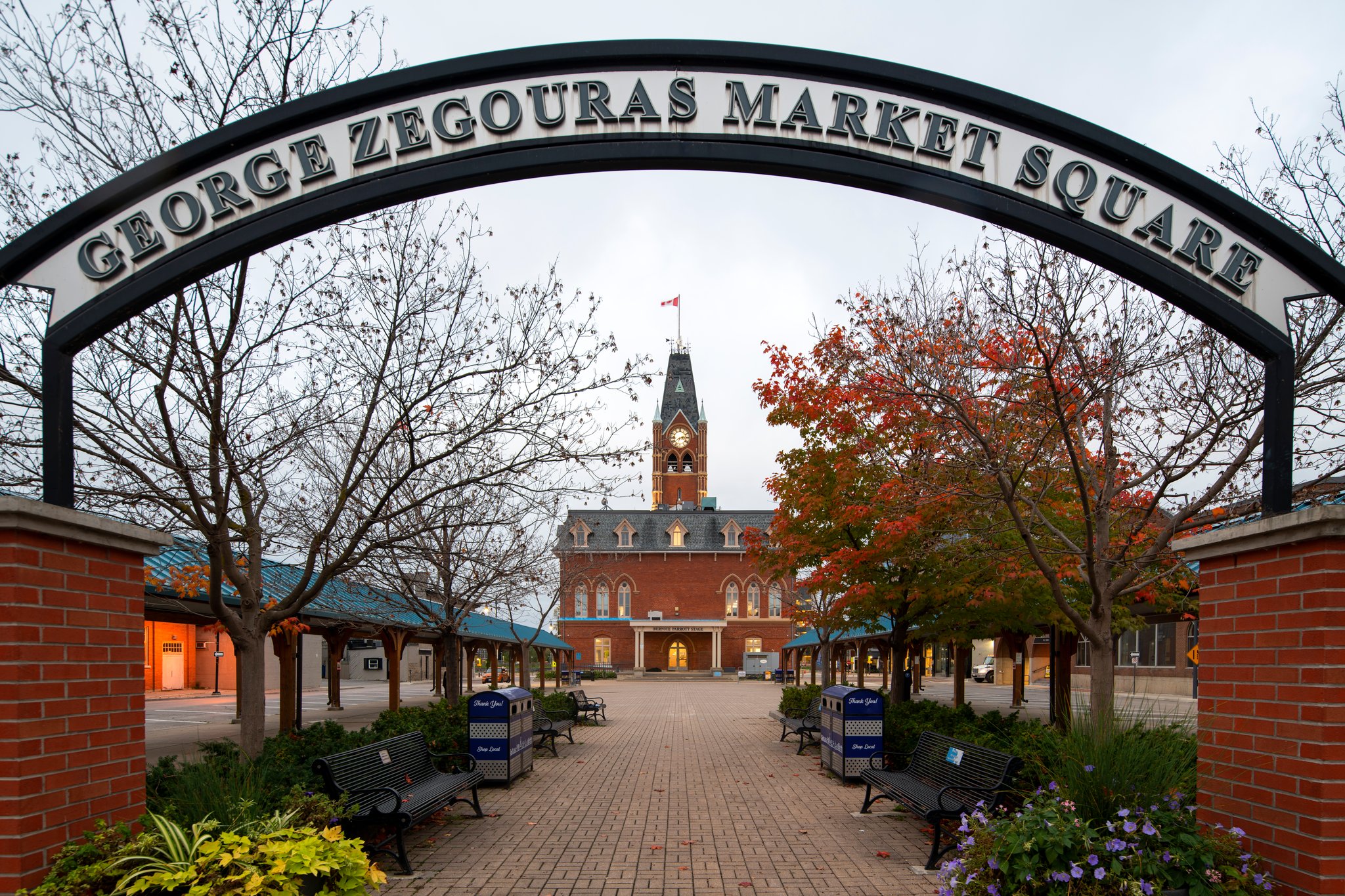
How we at Robert Lowdon Photography use Images in Our Client Proposals
We are lucky because our business is photography, so all of the images we use in our client proposal are ours. In every business call we have, we discuss the importance of companies conducting their own photoshoots to tell their own authentic stories, rather than relying on stock imagery.
Stock imagery can hurt proposals, as there is nothing stopping potential competitors from using the same imagery. I have noticed an increase on UberEATS for restaurants utilizing the same imagery for their menu items. This immediately flags to me that the image does not represent what the dish actually looks like and as a result, I lose trust as a consumer and skip purchasing from them all together. Even if they have good reviews, it is not enough when you feel you have been lied to.
We tailor every proposal to each individual client. Since we serve a few different photography markets; including but not limited to architectural, industrial, lifestyle, corporate & landscape, it’s extremely important that the images in each proposal are custom to that project. For example, we would not include architectural images in a proposal for a manufacturing project, unless the facility was requesting it.
It’s also important to customize business proposals because sometimes our clients are looking for a range of services. Perhaps our prospective client does want finished architectural images, but they also want teamwork images of construction employees working on the project during the building process. Knowing the goals of the project, we would then provide a mix of both images within the proposal to show that we have an understanding of their needs.
Within our proposals, we will include a variety of images from various past projects to provide our clients with a visual cue of our range and experience. However, sometimes we may want to show them more images from one project so that they can develop an understanding of what we can deliver for a single project. This is where our case studies come in. We develop case studies on notable projects that are published to our website. We will share the links to similar projects, where potential clients can read more about the goals of that single project, how we achieved them, as well as view a smaller library of images from that project.
All of these initiatives are to showcase that we are leaders within the photography industry and we have the knowledge, experience and special skills to achieve our clients goals and deliver beyond their expectations.

Final Thoughts
In conclusion, the strategic use of images in client proposals is an integral piece that helps determine the success of the initiative. A well-chosen image not only captures the attention of clients but also communicates complex ideas efficiently, enriches the narrative, and creates a lasting emotional connection with the audience.
Our industry experts gave us some great insights as to how and why they utilize images in their own client proposals. It’s important to remember that each image should be carefully selected to align with the brand, the proposal’s content, and the client’s specific needs. The impact extends beyond aesthetics: it’s about telling your story, showcasing your expertise, and ultimately, winning the client’s trust.
As we move further into the digital age, businesses that leverage the power of images in their proposals will have a competitive advantage that statistically converts. Hiring a photographer to capture images of your goods and/or services, deliverables and ultimately tell the story of who you are as a business, helps build authenticity and win business.
If you want to chat more about custom imagery for client proposals, feel free to reach out! We’d love to discuss your project, ideals and goals, as well as how we can help achieve them.
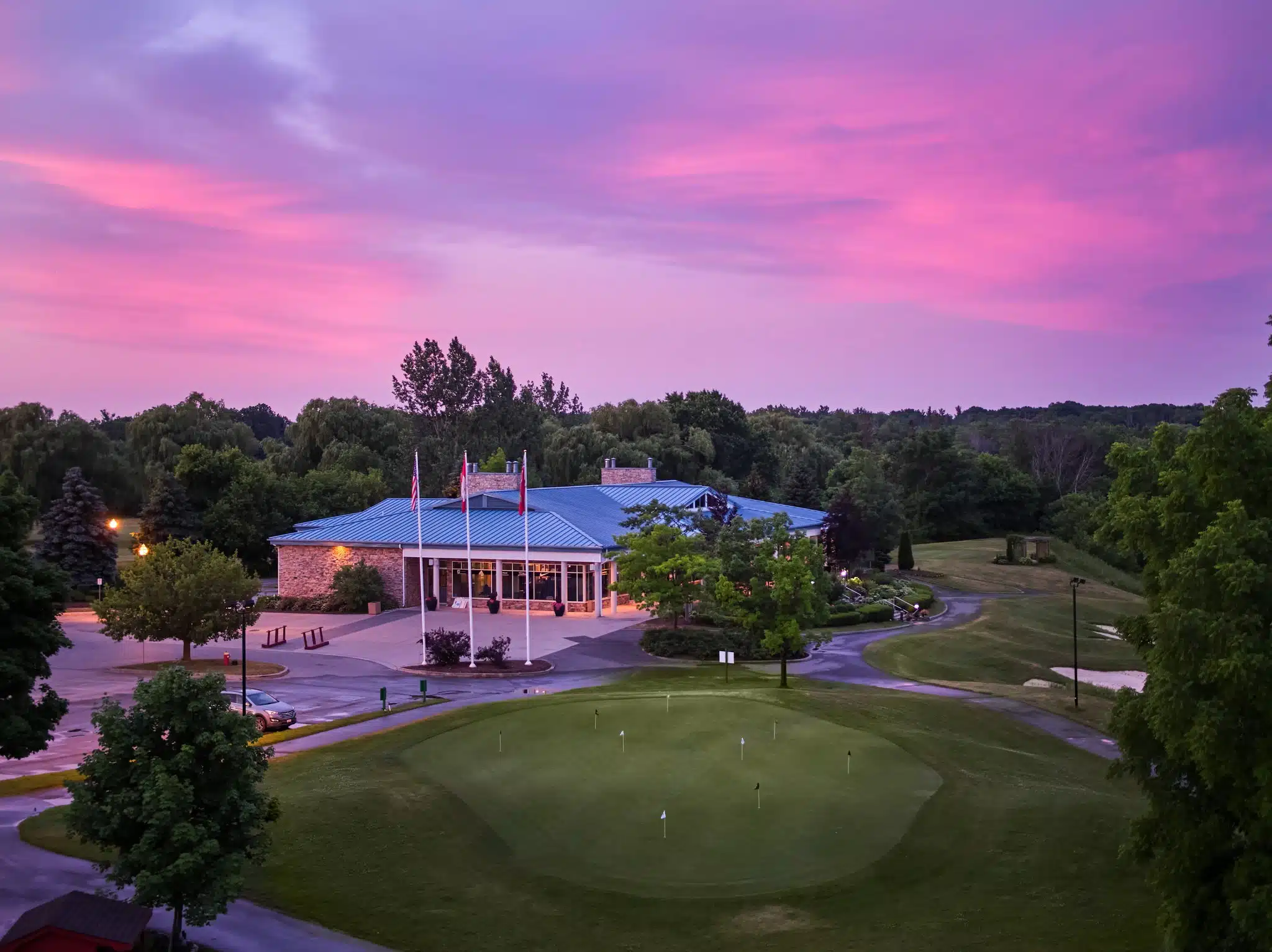

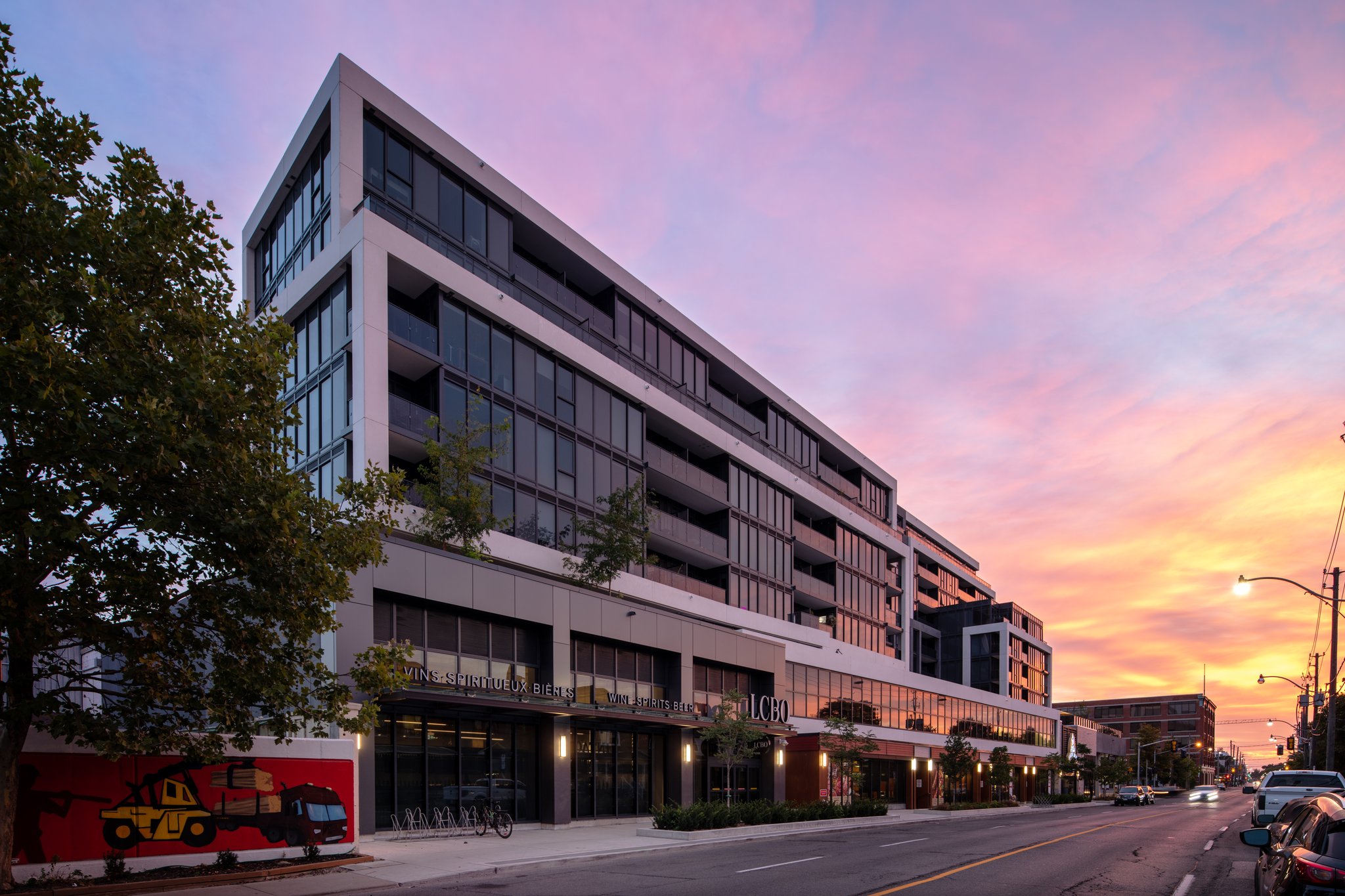






0 Comments